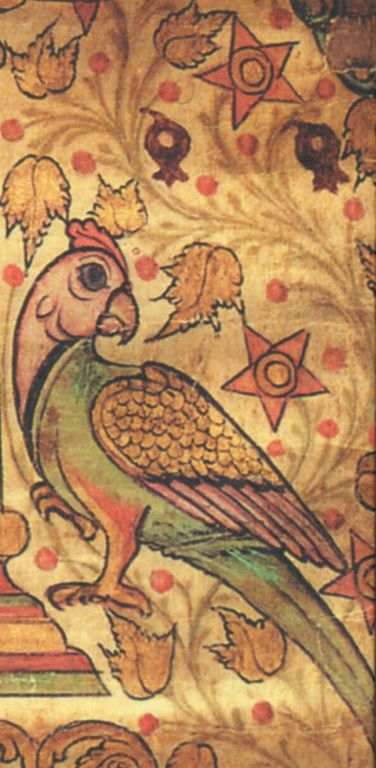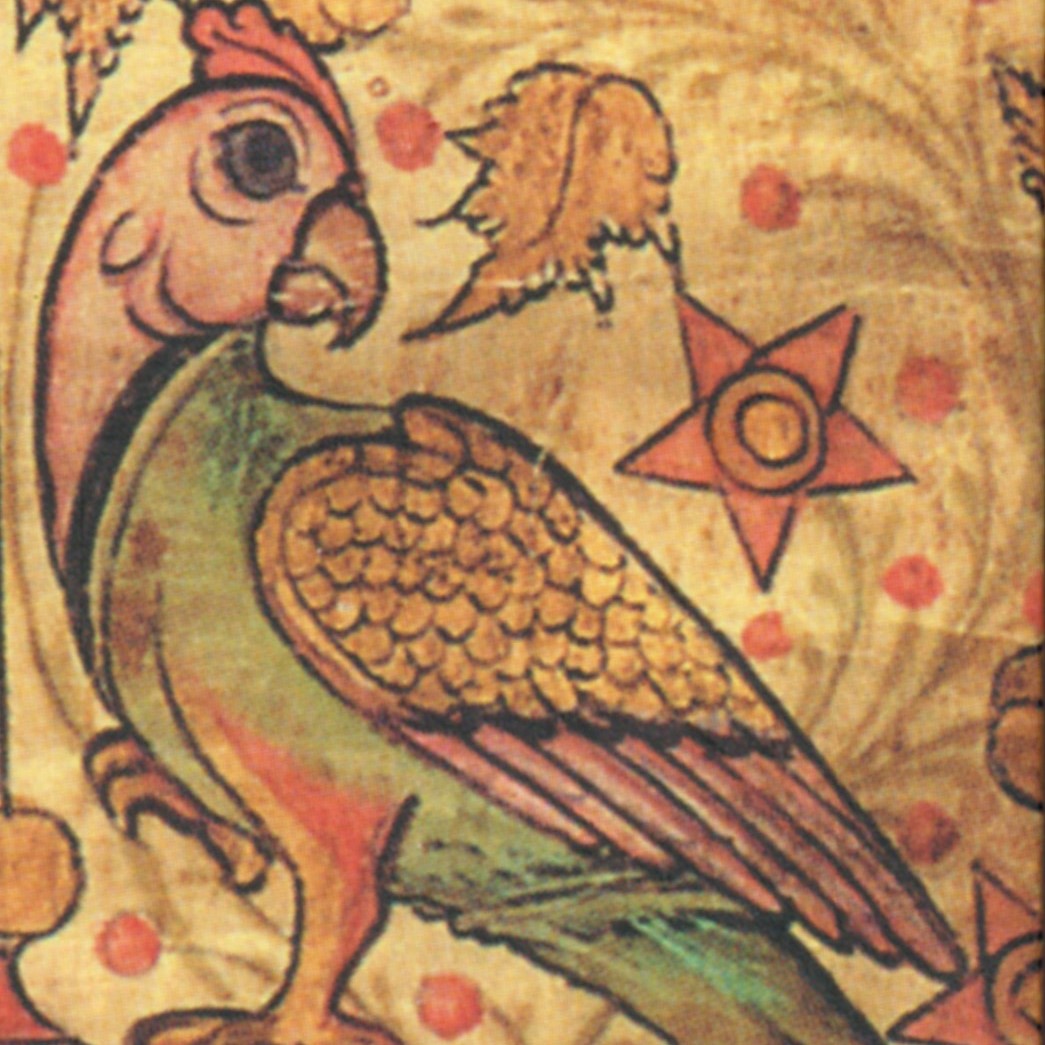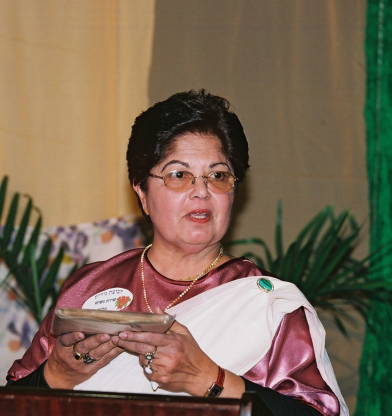2008
66. Shining in the Darkness
Nirit Singers (entire group) on their CD, track 7, 2008; IV-6.
Iruḷil věḷiyāya taṃburāně (x2)
Tanna stutippān ñaṅṅaḷkku tuņakkaveņāṃ (x2)Chorus:
Nerāya tāṃburāně (x2)
1. O God shining in the darkness, Tamburanĕ (x2)
Help us to sing your praise; oh help us, we pray. (x2)Chorus:
O true Lord, Tamburanĕ (x2)2. If my mouth makes a mistake, even in truth, (x2)
Forgive me and erase my error, Tamburanĕ (x2)[Chorus]
3. Please don’t bring us up for judgment, Tamburanĕ. (x2)
Eliyahu Hanabi please send to us, we pray. (x2)[Chorus]
4. If anyone should try to push me from my place, (x2)
Protect me then, I ask of you, Tamburanĕ (x2)[Chorus]
5. In the feast of Leviatan give us food to eat. (x2)
May we build the Temple, the Beit Hamikdash. (x2)[Chorus]
6. Help us to gather flowers from amidst the thorns (x2)
While we dwell here between Ezer and Dishan. (x2)[Chorus]
7. There is drumming, calling out, and sounding of the horn, (x2)
While women are singing songs and doing kuruva! (x2)[Chorus]
8. Let us eat, let us drink, and let us celebrate (x2)
Inside the precious paḷḷi, O Tamburanĕ (x2)[Chorus]
9. We are taking out the Torah with its ornaments. (x2)
We are placing it inside the heikhal with four legs. (x2)[Chorus]
10. With blessings and more blessings may the paḷḷi be blessed. (x2)
All blessings on the synagogue, O Tamburanĕ (x2)[Chorus]
This song is found in eight notebooks from Kadavumbhagam and Tekkumbhagam in Kochi, as well as Parur and Chendamangalam. Both Ruby Daniel and Scaria Zacharia found a number of the lines difficult to translate, and the variants are not consistent. A Hebrew note ’Im Pi Tzedek above the song in one notebook points to a piyyut by that name (’Areshet 1980, 428), and indeed stanza 2 and the first line of stanza 3 echo the theme of that Hebrew song.
The remainder of the Malayalam song is a mix of messianic wishes and local celebration. Stanza 5 refers to the feast of Leviathan, the great sea creature that will be killed and served for a banquet at the end of time, along with the messianic wish that the Temple be rebuilt. Stanza 6 is a poetic request for help to “gather flowers amidst thorns” while dwelling under the rule of non-Jews. (Dishan and Ezer were two Edomite clans in Genesis 36:21.)
The last four stanzas are associated with a joyous celebration in the synagogue; they echo lines from song 10 (celebrating the building of the Tekkumbhagam-Kochi synagogue) and songs 15 and 16 (celebrating the dedication of a new Torah scroll). The heikhal with four legs probably refers to the manarah (temporary ark) that is created in the paḷḷi for those special occasions and also for Simḥat Torah.
The first stanzas of this song were recorded by the Nirit Singers, with repetition of each line as well as the chorus. The melody in the first line of each stanza (but not the remainder of the stanza) echoes the beginning of Beethoven’s “Ode to Joy” at the conclusion of his Ninth Symphony.







